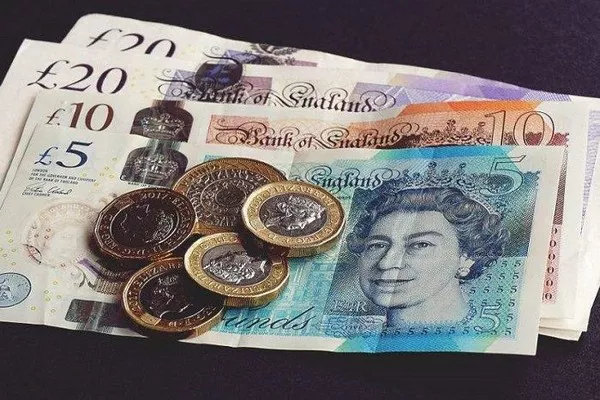In the realm of global economics, the value of a nation’s currency plays a pivotal role in shaping its economic landscape. The strength or weakness of a currency can have far-reaching consequences on various aspects of an economy. The question at hand is whether a weak pound is beneficial for the economy. To answer this, we must delve into the intricate dynamics of currency valuation and explore the multifaceted impact it has on trade, inflation, and overall economic stability.
Currency Valuation and Its Implications:
A weak pound, often characterized by a lower exchange rate relative to other currencies, can have both advantages and disadvantages for a nation’s economy. One immediate advantage is the boost it provides to exports. When the domestic currency is weaker, goods and services become more affordable for foreign buyers, leading to an increase in demand for exports. This surge in export demand can stimulate economic growth, create jobs, and enhance the overall competitiveness of a nation’s industries on the global stage.
Export-Led Growth:
One of the primary benefits associated with a weak pound is the potential for export-led growth. A lower exchange rate makes a country’s goods and services more attractive to international buyers, fostering increased export volumes. This can be particularly advantageous for economies heavily dependent on exports, as it helps generate revenue and improve the trade balance. The United Kingdom, for instance, witnessed a boost in exports following the depreciation of the pound in the aftermath of the 2016 Brexit referendum.
Competitive Advantage:
A weaker pound can confer a competitive advantage on domestic industries by making their products more price-competitive in international markets. This competitive edge is especially valuable in industries where price sensitivity plays a crucial role in consumer decision-making. However, it is essential to strike a balance, as prolonged reliance on a weak currency to drive exports may lead to inflationary pressures and hinder long-term economic stability.
Imported Inflation:
While a weak pound benefits exporters, it poses challenges for import-dependent economies. The cost of imported goods and raw materials tends to rise, leading to imported inflation. This phenomenon can contribute to an increase in overall price levels within the domestic economy. While some level of inflation is considered normal, excessive and rapid inflation can erode purchasing power, reduce consumer confidence, and create economic instability.
Foreign Investment:
A weakened currency may attract foreign investors seeking favorable investment opportunities. The lower currency valuation implies lower entry costs for foreign investors, making domestic assets more appealing. However, the sustainability of foreign investment inflows depends on a range of factors, including economic fundamentals, political stability, and the overall investment climate. Overreliance on a weak currency to attract foreign investment can be precarious if not accompanied by broader economic reforms.
Consumer Impact:
The impact of a weak pound on consumers is a double-edged sword. On one hand, it can lead to higher prices for imported goods and services, contributing to inflationary pressures. On the other hand, it may stimulate domestic production as consumers opt for locally-produced alternatives, potentially boosting the manufacturing sector. The net effect on consumers depends on the balance between these opposing forces and the overall economic context.
See also Does Inflation Cause A Weak Pound?
Conclusion:
In conclusion, the question of whether a weak pound is good for the economy lacks a one-size-fits-all answer. The impact of currency depreciation is contingent on various factors, including the economic structure, trade dependencies, and policy responses. While a weaker pound can enhance export competitiveness and attract foreign investment, it also brings challenges such as imported inflation and potential negative effects on consumer purchasing power.
The key lies in striking a delicate balance, where the benefits of a weak pound are harnessed to spur economic growth without compromising long-term stability. Policymakers must adopt a comprehensive approach that combines currency management with structural reforms to ensure a resilient and sustainable economic trajectory. Ultimately, the economic impact of a weak pound is a nuanced interplay of various factors, and a holistic understanding is essential for informed decision-making in the dynamic global economic landscape.


